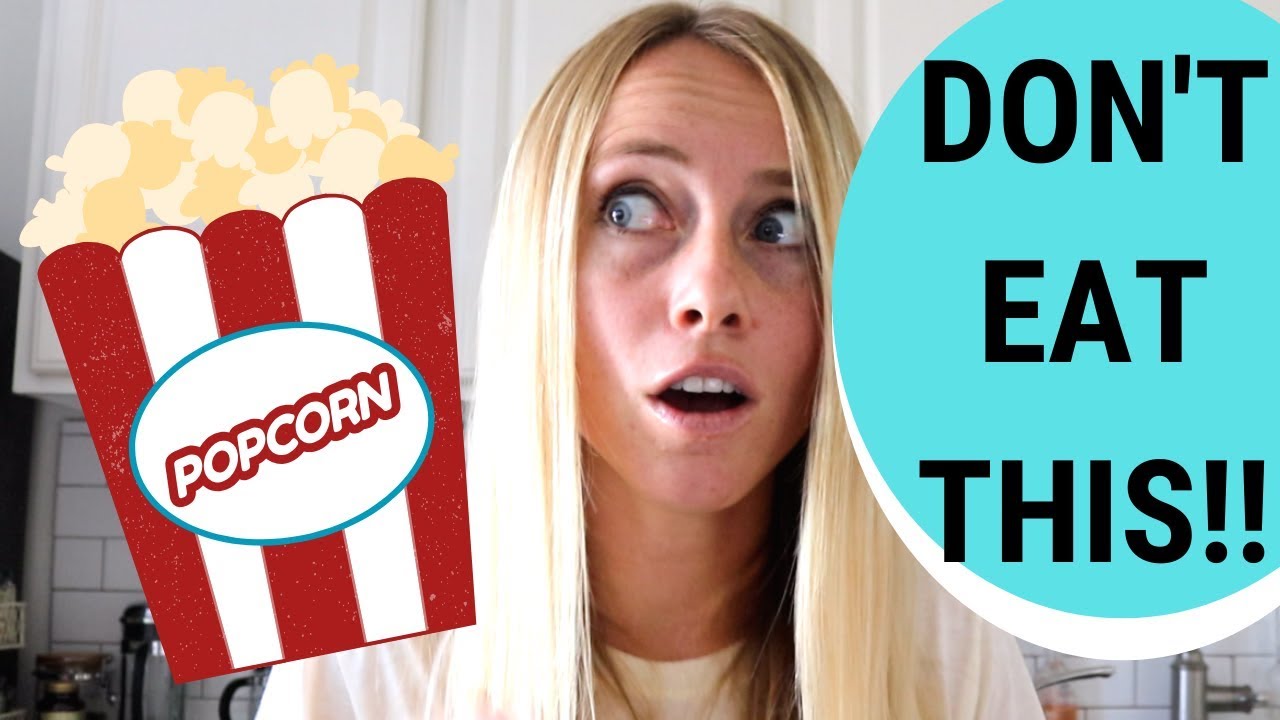
You may have several causes for your inability to lose weight. Stress, adrenal fatigue or dietary restriction are all possible causes. There may be a genetic predisposition for weight gain. Although it may not be the case in every instance, this can make up a large portion of weight gain. How much weight you gain and lose depends on your genetic makeup. If this is true, there are some things you can do.
Stress
You can't lose weight if you are stressed. There are ways you can lower your stress levels and not compromise your health or your diet. Take time to relax, socialize, and take advantage of spa treatments. Second, find activities that you love. Try sauna therapy. Saunas release chemicals to improve metabolism and circulation. These are some strategies to help you lose weight and find your happy space.

Adrenal fatigue
Although numerous peer-reviewed studies refuting the idea of adrenal fatigue have been published, the term continues to be popular among alternative medicine groups and online forums. The term "adrenal fatigue" was first coined in 2001, but it is not yet recognized by the American Board of Medical Specialties or Association of Medical Colleges. It is a condition that alters the regulation of the hormone Cortisol. Adrenal fatigue can also cause fluid retention and fatigue.
Restriction on diet
You may be wondering whether dietary restriction can help you lose weight. Many people have heard about this diet, but have you ever tried it yourself? It works by restricting your intake and eating less than your body requires to maintain a healthy weight. This method of weight loss can lead to starvation or severe weight loss, depending on the degree of restriction. It's possible to recognize certain restricting behaviors if you have tried it.
You are not getting enough sleep
It's not hard to see why people who are less than six hours a night are more likely to be obese. Studies have shown that poor sleep habits can lead to mood disorders, sleep problems, and obesity. Experts recommend improving sleep quality in order to treat obesity in adults. In addition, poor sleep may contribute to obesity-related depression.

Sluggish metabolism
Slow metabolism could be the reason you are having difficulty losing weight. Slow metabolism not only affects weight loss, but also impacts your overall health. Slower metabolism means that food takes longer to get through your digestive system. Slow metabolism can affect your mental abilities and cognitive abilities. You may also experience memory loss. It may even interfere with your sex drive. We'll be looking at thirteen foods that can slow down your metabolism in this article.
FAQ
What foods help me lose more weight?
You can lose weight more quickly by eating fewer calories. This can be done in two ways:
-
Reduce the amount of calories that you consume each day.
-
Increase the number of calories you burn through physical activity.
Reducing the number of calories you eat is easier said than done. It's no surprise that we are constantly bombarded with high-calorie fast food options. Here's a list to help you shed those extra kilos.
-
Beans are high in fiber and protein. Beans are low in fat and therefore a great choice for those who are trying to cut down on their caloric intake.
-
Oatmeal is low on calories but high in nutrients, such as magnesium or potassium. It also has less sugar than most other cereals.
-
Eggs are full of cholesterol and protein. Consuming eggs at least once a week can increase your metabolism and help you burn more calories.
-
Whole grain bread can reduce hunger pangs, so you might feel fuller for longer.
-
Dark chocolate is loaded with antioxidants and flavonoids, substances that have been linked to lower blood pressure and improved heart health.
-
Cottage cheese is rich in calcium which aids in bone strength. Cottage cheese is also high in calcium, which aids in bone strength.
-
Omega-3 fatty Acids are a key component of salmon. They promote brain development, and improve cardiovascular function.
-
Green tea is chock-full of catechins, compounds that fight cancer and increase metabolism.
-
Broccoli, a rich source of folic acid, is great for lowering homocysteine levels. A higher risk of developing heart disease and stroke is associated with high homocysteine levels.
-
Yogurt is a great way to add probiotics into your diet without loading up on added sugars. Probiotics are important for your digestive health.
-
Berries can be a healthy snack choice that tastes great and is very nutritious. All of these are excellent sources for vitamins and minerals, including blueberries, strawberries and blackberries as well as raspberries and cranberries.
-
Avocados are high in healthy fats. A half avocado provides 80 calories with plenty of fiber, potassium, and filling fiber.
-
Nuts are a tasty snack option that also happens to be a great source of protein. There are many great options for nuts, including cashews and hazelnuts as well as walnuts, pecans, hazelnuts and hazelnuts.
-
Sweet potatoes are another starchy root vegetable rich in beta carotene. It makes your skin shine. Orange sweet potatoes have a higher amount of beta carotene that regular sweet potatoes.
How long should I do Intermittent fasting to lose weight?
The answer isn't as easy as it seems. There are many factors that need to be taken into consideration when deciding how many days of fasting is necessary for optimal fat loss. These factors include:
-
Your age. If you are younger than 40, intermittent fasting might be too difficult because you have less time for recovery after each fast. On the other hand, if you're older (over 60), you may find that you don't have enough energy to sustain an extended period of daily fasting.
-
Your current body composition. A longer period of fasting is more beneficial for those with a lot of muscle mass. However, if you have little muscle mass, then shorter periods of fasting may be better suited for you.
-
How physically active are you. Regular exercise may mean that your fasting window needs to be extended to allow you to get sufficient rest between sessions.
-
Your past medical history. Patients with certain medical conditions, such as heart disease, diabetes, or cancer, may need additional fasting monitoring.
-
How well do you tolerate stress? Stressful situations often cause us to eat more. To avoid this, you might want to increase the lengths of your fasting window.
-
It is the type of diet you are following. Certain diets, like ketogenic diets, may require even longer fasting periods.
-
How much sleep you get. Also, a lack of sleep has been linked with increased appetites and decreased metabolism. It may take some trial and error before you find the right combination.
-
How much protein you eat. A higher intake of protein may result in lower blood sugar levels. This would allow you be more consistent in your fasting.
-
Individuals who are trying lose or gain weight will require longer fasting times than those who are trying.
-
What percent of your daily calories are you consuming during your fasting time? You may lose more weight if you eat fewer calories each day than if you eat more.
-
Your overall fitness level. People who are fit and fast burn more calories per day.
-
Your gender. Men typically have larger appetites than women, so they may need to fast for slightly longer periods of time. Women may only fast for 20-30 mins each morning because they have a smaller appetite.
-
Your lifestyle. Are you someone who does a lot of exercise? Do you workout several times each week? Is your job a long, sedentary one? These things could impact the speed at which you should go.
-
How much money do your spend on food every day? Eating healthy foods doesn't necessarily mean spending much money on groceries. Whole grains can be replaced by white bread, fruits can replace candy bars, and lean cuts of meat can be used to save money.
-
You need to be able to control your hunger. If you don't want to skip meals, you might not need to fast as long as other people do.
What's the difference between intermittent fasting versus calorie restriction
Calorie restriction can be defined as eating less than your body needs. Intermittent fasting, on the other hand, doesn't restrict calories. Instead, the emphasis is on eating fewer calories each day.
Intermittent fasting is more effective because it allows you to enjoy foods you love without feeling guilty.
Each method has its pros and cons. You will need to decide which method is best for you.
Statistics
- Another study found that 24 weeks of weight training led to a 9% increase in metabolic rate among men, which equated to burning approximately 140 more calories per day. (healthline.com)
- According to Harvard Health, it's estimated that a 155-pound (70-kg) person burns roughly 112 calories per 30 minutes of weight training (5). (healthline.com)
- One study in 9 active men found that HIIT burned 25–30% more calories per minute than other types of exercises, including weight training, cycling, and running on a treadmill (18Trusted Source (healthline.com)
- A 12-week study in 20 women with obesity found that walking for 50–70 minutes 3 times per week reduced body fat and waist circumference by an average of 1.5% and 1.1 inches (2.8 cm), respectively (healthline.com)
External Links
How To
How to Intermittent Fasting
Intermittent fasting, a type of dieting that allows you to only eat one time per week, generally Monday through Friday. The goal is to decrease your overall calories and still get adequate nutrition. This will allow you to burn fat more quickly than eating regular meals throughout the week.
The most popular form of IF is to limit calories to certain days. This means that you would skip breakfast every morning and then consume whatever food you want during the rest of the day. You could also choose three small meals instead of two large meals per day.
There are many types of intermittent fasting. There are pros as well as cons to each form of intermittent fasting. Because you don't need to make major lifestyle changes, alternate day fasting can be the easiest way to get started. However, for some people it can be difficult to follow a strict diet, so they may prefer to explore other options.
I recommend alternate-day fasting if you're starting an intermittent fasting regimen. This will allow you to gradually transition into more extreme fasting routines without completely changing your lifestyle.